Search
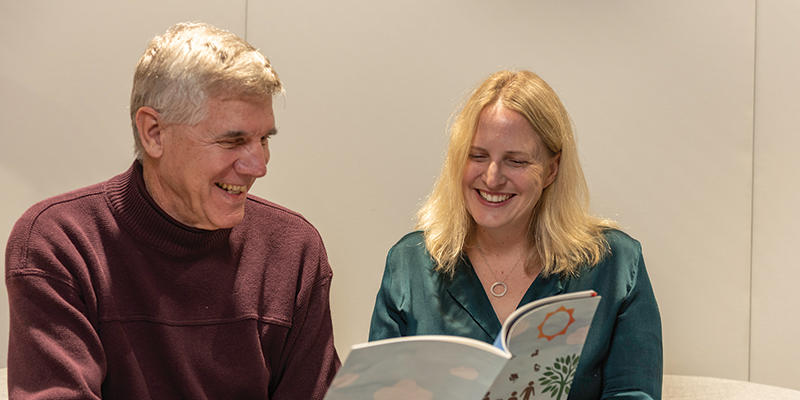
Professor Zubrick and Dr Kirsten Hancock are among several Telethon Kids researchers working through the Life Course Centre.
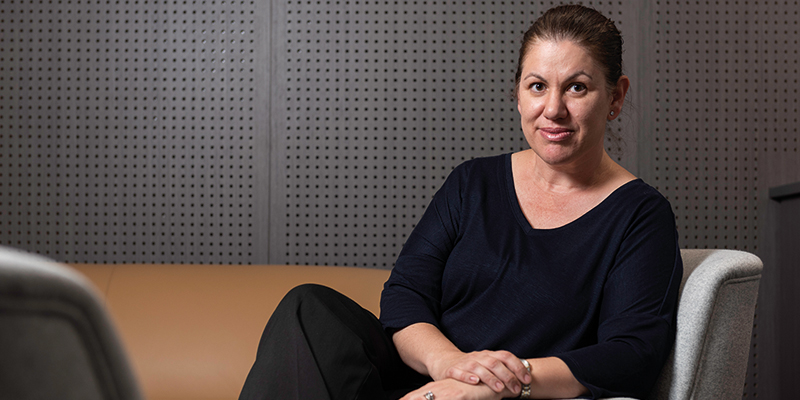
Telethon Kids Institute research revealed Aboriginal children are 10 times more likely than non-Aboriginal children to be placed in out-of- home care.
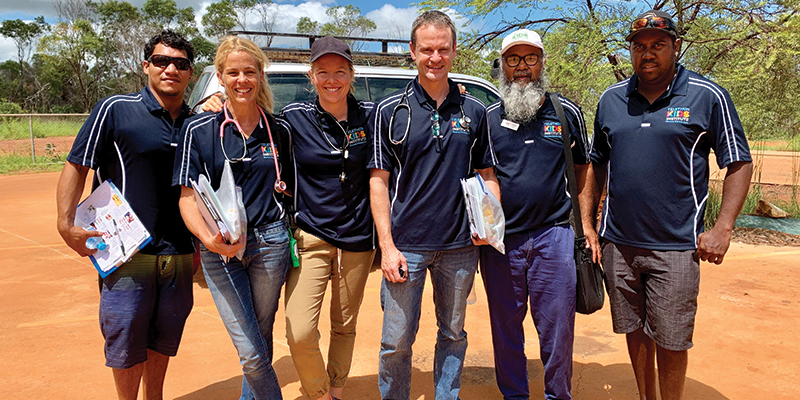
Prevalence of chronic lung disease in Aboriginal children is conservatively estimated at 1.5 per cent
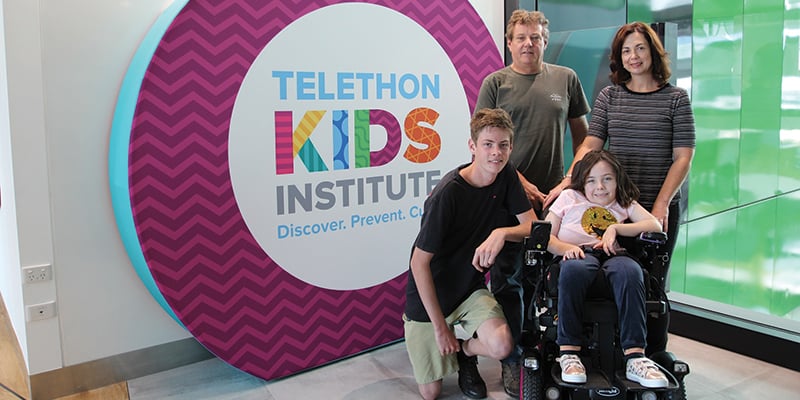
Mackenzie Crane was 10 months old when her parents, Jodie and Scott, were given the life-changing news that their daughter would never walk.
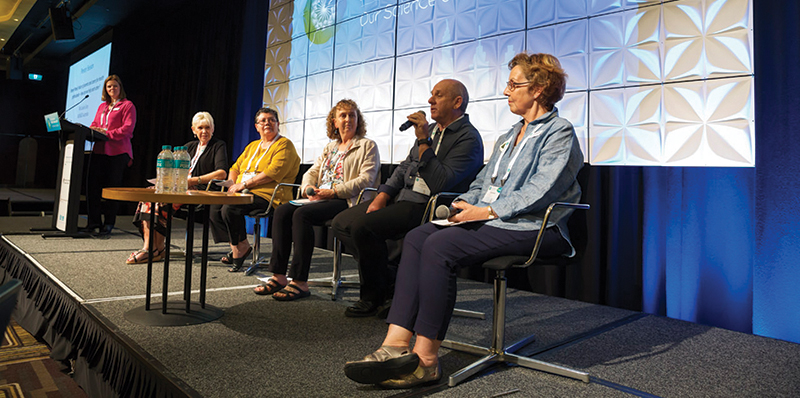
Held every two years, the Australasian FASD Conference is a significant and unifying event for those in the Fetal Alcohol Spectrum Disorder sector.
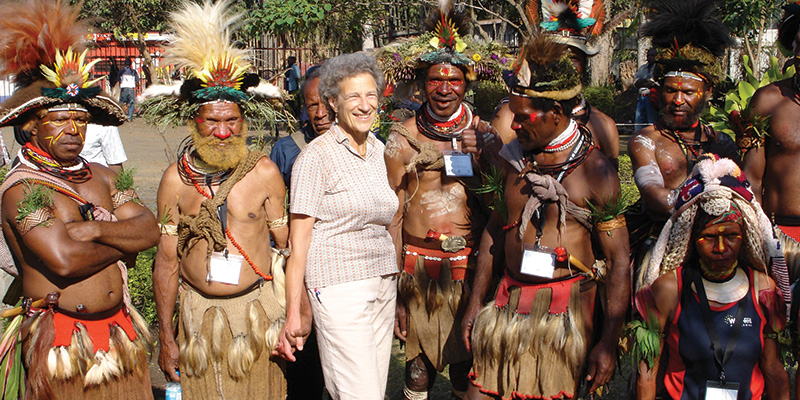
Children living in Papua New Guinea have good reason to call Clinical Associate Professor Deborah Lehmann ‘Mama Deb’.
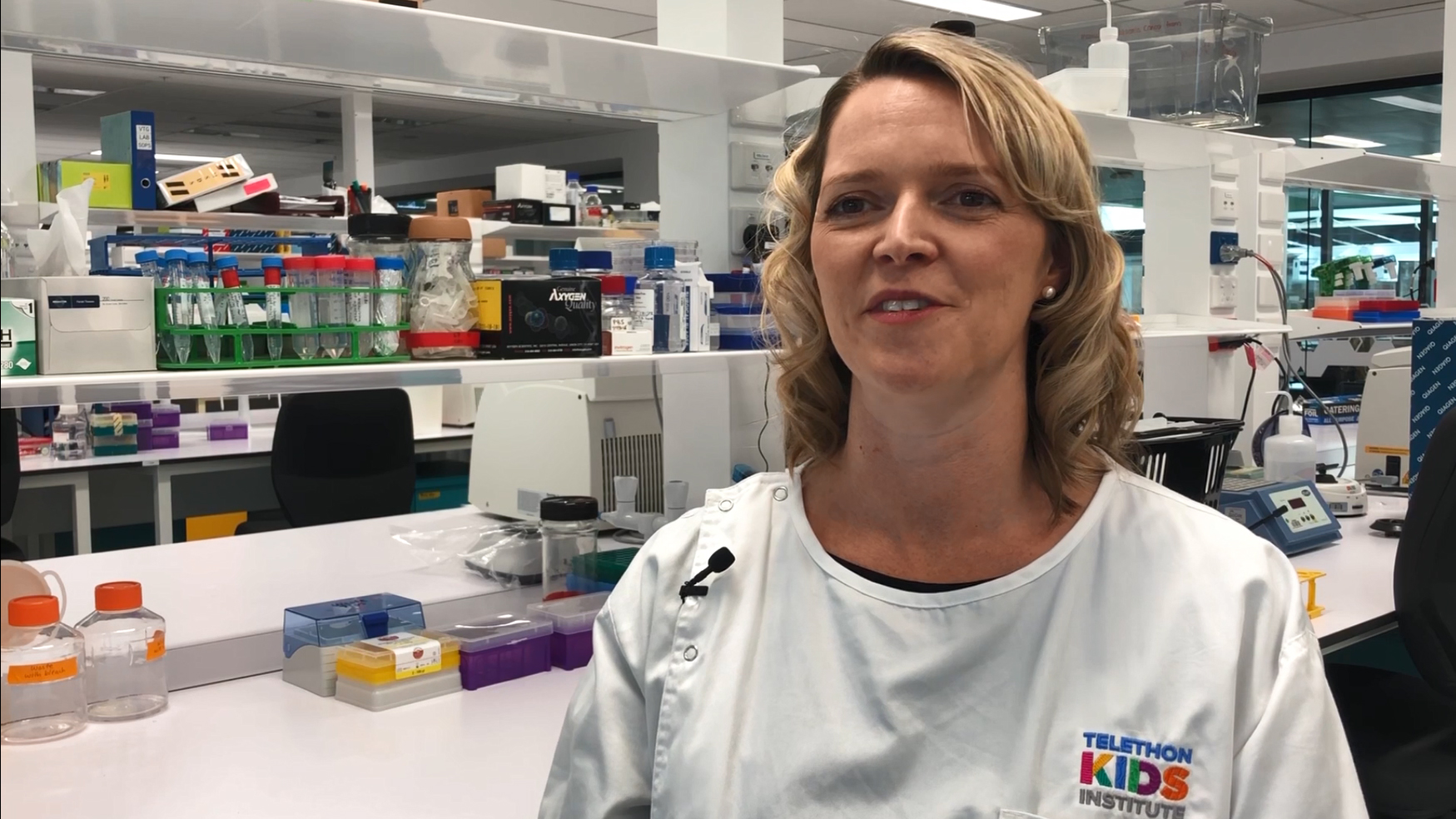
Analysing samples is a vital part of research, providing the answers needed to move forward with innovative new treatments and life- saving vaccines.
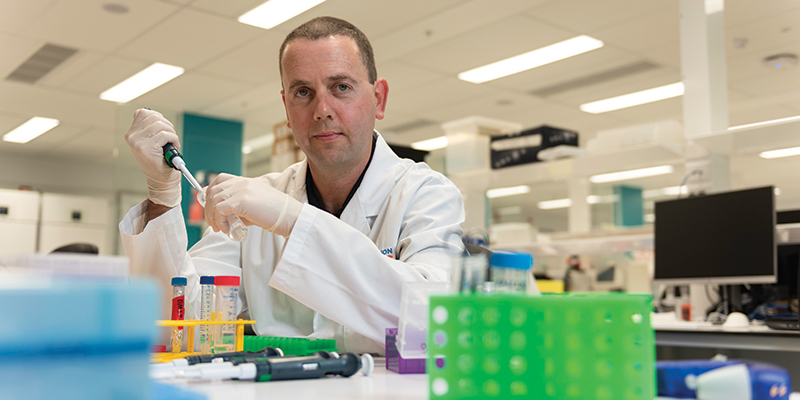
Cancer research is being reimagined after a collaboration between The Kids Research Institute Australia, the Peter Doherty Institute for Infection and Immunity.
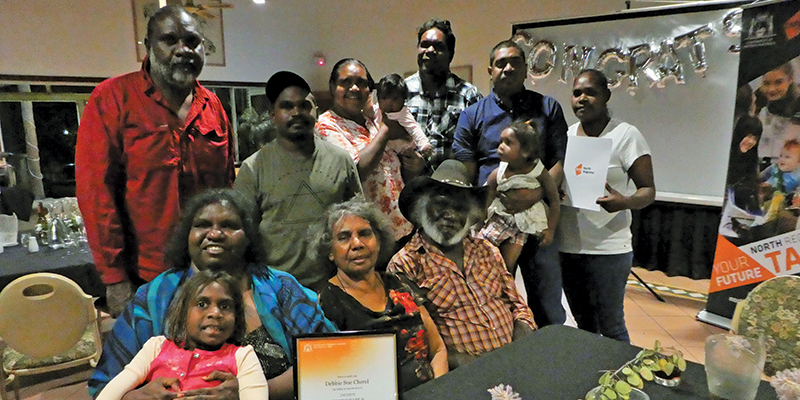
Five Fitzroy Crossing women have been awarded qualifications after working with The Kids Research Institute Australia’s Alcohol and Pregnancy & FASD Research Team.
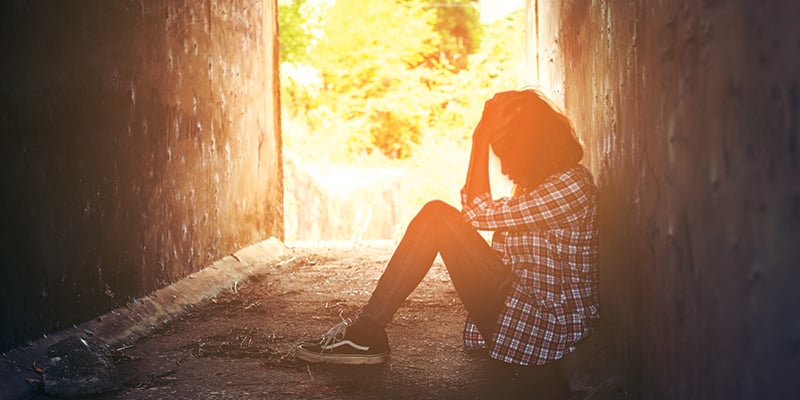
Jessica’s young life has been touched by domestic violence, sexual assault, addiction and hospital psychiatric admissions.
